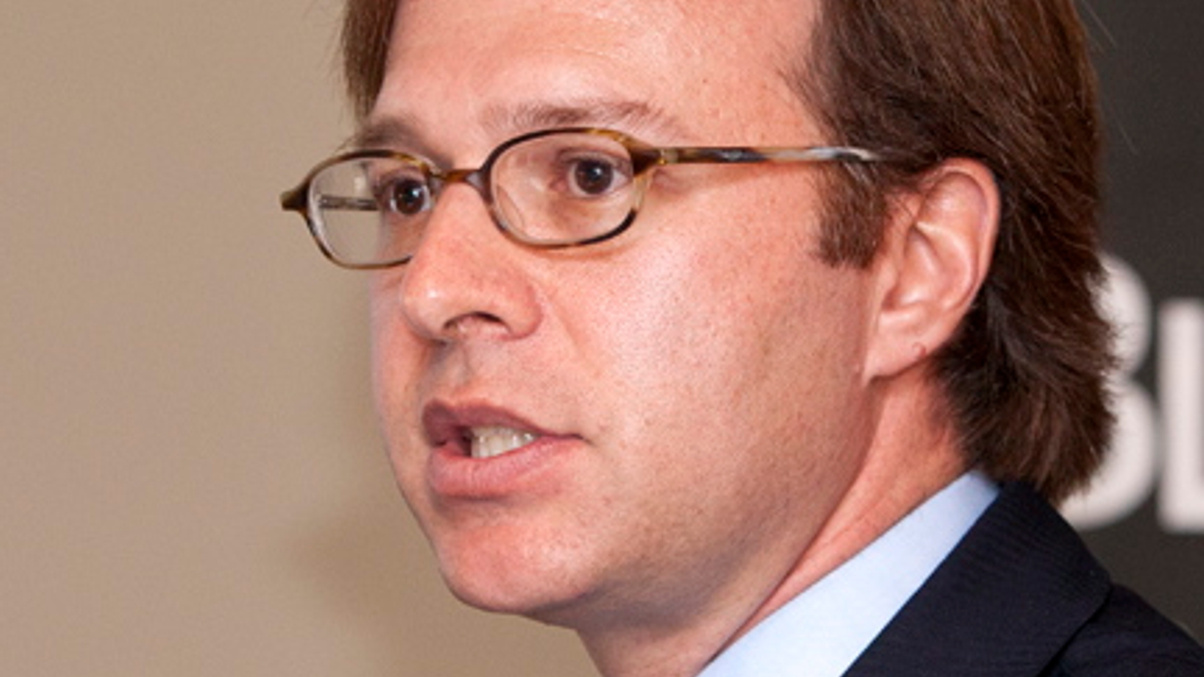BlackRock warns of US “fiscal cliff”
Asian investors’ short-term exposure to US financial assets may need repositioning in face of a potential year-end fiscal crunch, says BlackRock’s chief bond strategist, Jeffrey Rosenberg.

Investors exposed to US financial assets have enjoyed reasonable certainty over short-duration exposures and a lot of question marks regarding the long-term outlook.
Sign in to read on!
Registered users get 2 free articles in 30 days.
Subscribers have full unlimited access to AsianInvestor
Not signed up? New users get 2 free articles per month, plus a 7-day unlimited free trial.
¬ Haymarket Media Limited. All rights reserved.


